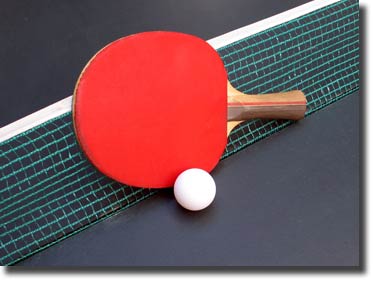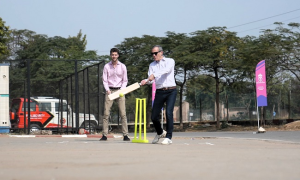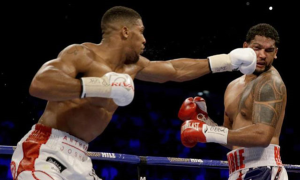The Chinese have dominated the sport of table tennis for the last 35 years or so winning 23 out of the 27 possible Olympic gold medals. Apart from a brief period from 1989 -1993 (and a small blip in 2000) when the Swedish men’s team made their mark, and more recently in 2010 when the Singaporean Women’s team (who were actually ex-Chinese players) threw some grit into the Chinese machine. Table Tennis has become unofficial national game in China.
People mostly watch Sport because they feel some passion for it, but most of them watch it for sheer entertainment which diminishes when you more or less know about the result. Except for, Jan-Ove Waldner’s winning World Championships men’s singles in 1997 and Werner Schlager’s 2003 title, not to mention the 2010 Singaporean Women’s Team, China always dominated the world Table Tennis scenario. If players from other countries won more often, it might make things more interesting. But that doesn’t mean that the Chinese winning most of the time is boring – it’s just a little less interesting then it could be.
Many a times, we see an all China final which makes it less interesting, resulting in a final that was played with a lack of fire and determination as the players simply went through the motions. Several years back, when match-fixing was quite evident; players were asked to lose to their team-mates so as to maintain the interest in the game. Nowadays, the incidences of Chinese match-fixing are fortunately rare, and a China vs China final is fought out as hard as any other final.
The ITTF has changed the rules regarding players changing countries in order to stop second tier Chinese players who go to other countries and easily replace local talent from the national team. At the moment, the top ranks of world table tennis are still feeling the effect of Chinese exports with many countries (the USA and Australia among them) still fielding teams that have one, two or more Chinese imports at the expense of local talent. However, this problem is likely to reduce in scope over the next 5-10 years, as the new rules take effect.
At the moment, the sport of table tennis only rarely rises to these heights on the world stage. The Chinese are technically proficient and incredibly athletic, no question, but this does not automatically translate into exciting table tennis, as shown by the bulk of the matches at the top echelons of the sport – in my opinion anyway.
However, this is not the fault of the Chinese, and the problem would remain regardless of whether the Chinese were dominating the sport, or if every country was equally strong. This is a fundamental problem in top level table tennis that needs to be addressed by the ITTF, and is really a subject for another day.
Tags: Australia, China, Chinese, International Table Tennis Federation, ITTF, Jan-Ove Waldner, Olympic, Singapore, Sport, Table Tennis, USA, Werner Schlager, World Championships











